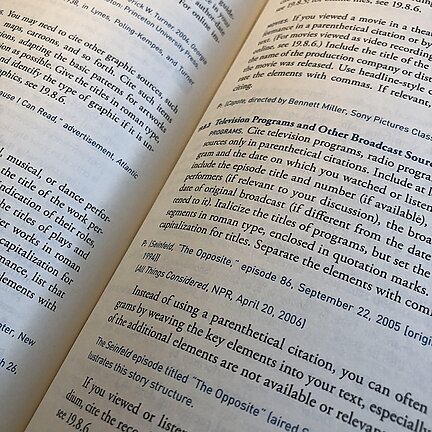Table of Contents
- Understanding Writer's Block
- Preparation Techniques
- Brainstorming and Mind Mapping
- Freewriting
- Changing Your Writing Environment
- Taking Breaks and Relaxation Techniques
- Seeking Help and Feedback
1. Understanding Writer's Block
Writer's block is a common phenomenon where a writer faces difficulties in generating new ideas or starting their writing. It can be caused by various factors such as fear of failure, perfectionism, lack of motivation, or simply feeling overwhelmed. Overcoming writer's block requires adopting effective strategies and techniques to jumpstart your essay. Below are some helpful strategies to overcome writer's block and get your creative juices flowing.
2. Preparation Techniques
Before starting your essay, it is essential to prepare yourself mentally and physically. Create a conducive environment for writing by clearing away distractions and organizing your workspace. Additionally, gather all necessary materials such as reference books, research papers, or online sources. Having everything you need at hand will help you feel more prepared and focused.
3. Brainstorming and Mind Mapping
Brainstorming is an effective technique to generate ideas and overcome writer's block. Grab a piece of paper or open a blank document and write down any and all ideas that come to mind related to your essay topic. Don't worry about organizing or evaluating them at this stage. Once you have a list of ideas, you can create a mind map to visually connect and expand upon them. This process will help you explore different angles and perspectives for your essay.
4. Freewriting
Freewriting is a technique that involves writing continuously for a set amount of time without worrying about grammar, punctuation, or coherence. Set a timer for 10-15 minutes and write whatever comes to mind regarding your essay topic. The goal is to let your thoughts flow freely without judgment. This exercise helps to break the cycle of self-criticism and allows your ideas to surface naturally. After freewriting, review your writing and extract any valuable points that can be incorporated into your essay.
5. Changing Your Writing Environment
Sometimes, a change of scenery can do wonders for overcoming writer's block. If you've been staring at a blank page for a while, try moving to a different location. This can be as simple as switching rooms, going to a coffee shop, or finding a quiet spot in nature. The change in surroundings can stimulate your creativity and provide a fresh perspective on your writing. Experiment with different environments to find the one that works best for you.
6. Taking Breaks and Relaxation Techniques
Writing for long periods without breaks can lead to mental fatigue and hinder your progress. It's important to take regular breaks to recharge your mind. Engage in activities that help you relax and clear your thoughts, such as going for a walk, practicing deep breathing exercises, or listening to calming music. These breaks will help you return to your writing with renewed energy and focus.
7. Seeking Help and Feedback
If you're still struggling with writer's block, don't hesitate to seek help and feedback from others. Talk to a friend, teacher, or mentor who can provide guidance and support. They might offer fresh insights or suggestions that can help you overcome any obstacles. Additionally, consider joining a writing group or workshop where you can share your work and receive constructive criticism. Collaborating with others can often spark inspiration and motivate you to get back on track with your essay.
By implementing these strategies, you can overcome writer's block and jumpstart your essay. Remember, everyone experiences writer's block at some point, but with perseverance and the right techniques, you can overcome it and produce a well-crafted piece of writing.
